Depression is a pervasive mental health condition that affects millions of people worldwide. While traditional treatments such as therapy and medication can be effective, some individuals seek alternatives when these methods fall short. One innovative approach gaining traction is Repetitive Transcranial Magnetic Stimulation (RTMS) treatment for depression.
What is RTMS?
RTMS is a non-invasive procedure that uses magnetic fields to stimulate nerve cells in the brain. It primarily targets areas associated with mood regulation, helping to alleviate symptoms of depression. During a typical session, an electromagnetic coil is placed against the scalp, delivering short pulses of magnetic energy. This stimulates neurons in the targeted brain regions, promoting increased activity and improving mood.
One of the key benefits of RTMS is that it does not require anesthesia, and most patients experience minimal discomfort during treatment. Sessions typically last around 30-40 minutes, and many individuals report improvements in their mood and overall functioning after just a few treatments.
Benefits of RTMS Treatment
-
Non-Invasive: Unlike some other treatment options, RTMS is non-invasive and does not involve surgery or anesthesia. This makes it a more appealing choice for individuals hesitant about more invasive procedures.
-
Minimal Side Effects: RTMS has a favorable safety profile, with fewer side effects compared to traditional antidepressant medications. Most patients experience only mild discomfort at the site of stimulation, such as a tapping sensation or headache.
-
Effective for Treatment-Resistant Depression: For those who have not found relief from conventional therapies, RTMS can offer hope. Many studies have shown significant improvement in patients who were previously resistant to medication.
-
Short Treatment Duration: RTMS sessions are relatively brief and can often be scheduled conveniently. This makes it easier for patients to integrate treatment into their daily lives.
-
Sustained Results: Many individuals report lasting benefits from RTMS, even after the treatment course has ended. This long-term effectiveness can provide a more stable improvement in mood and quality of life.
Conclusion
If you or a loved one is struggling with depression, exploring alternative treatment options like RTMS may be worthwhile. As with any medical treatment, it’s essential to consult with a healthcare professional to determine the best course of action for your specific needs. With its non-invasive nature and promising results, RTMS treatment for depression is an exciting development in the mental health field, offering renewed hope for those seeking relief.

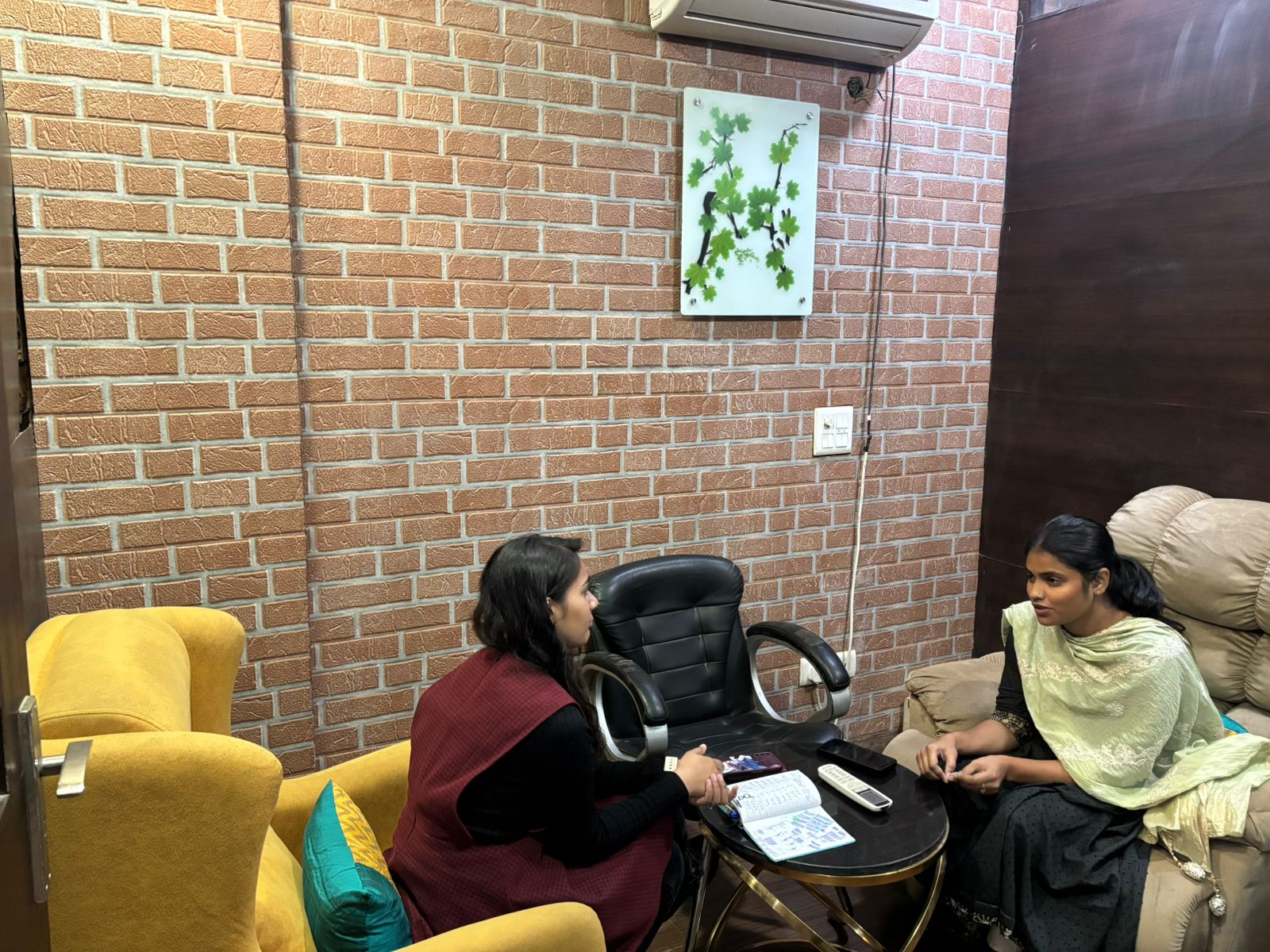
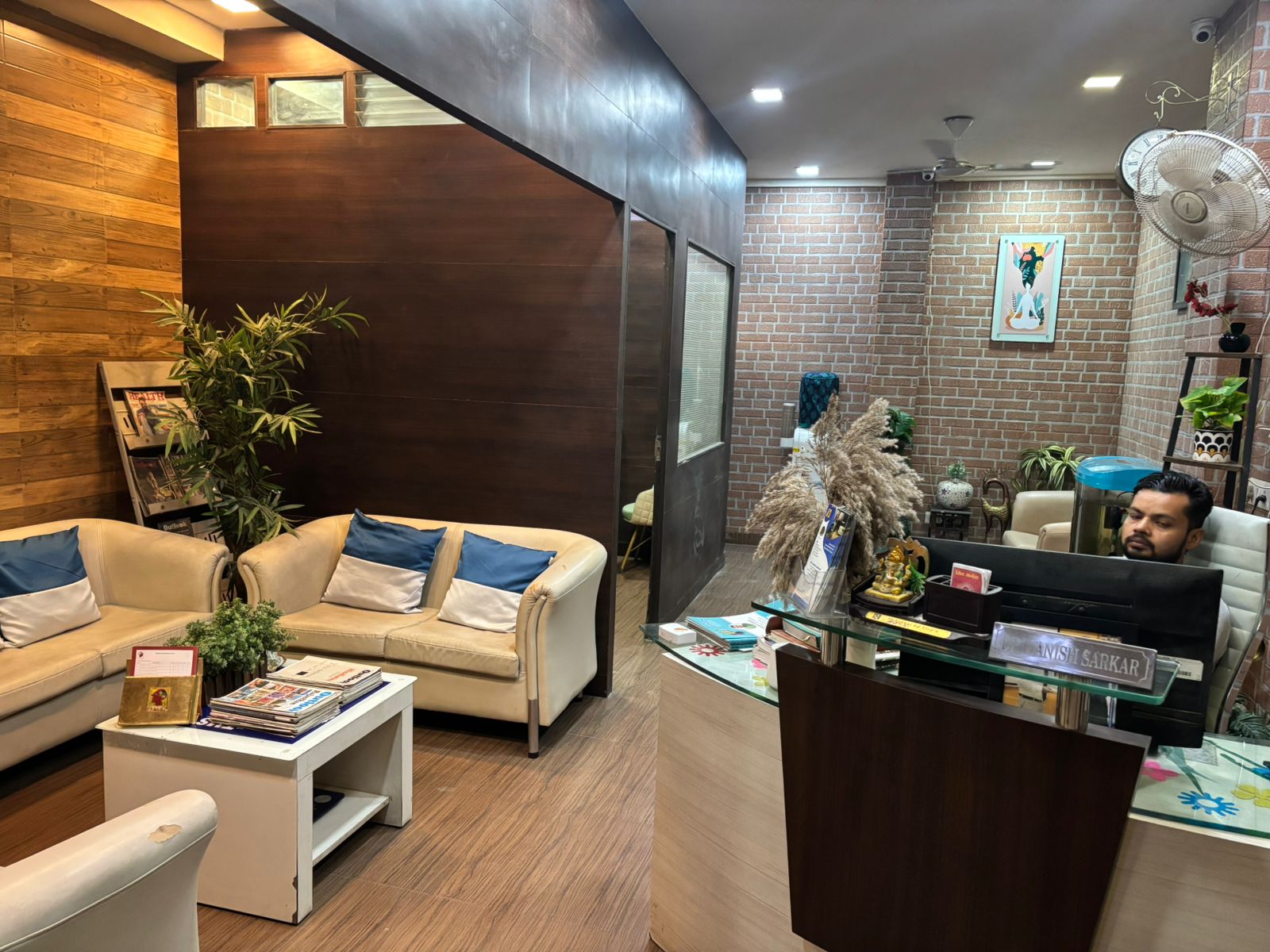
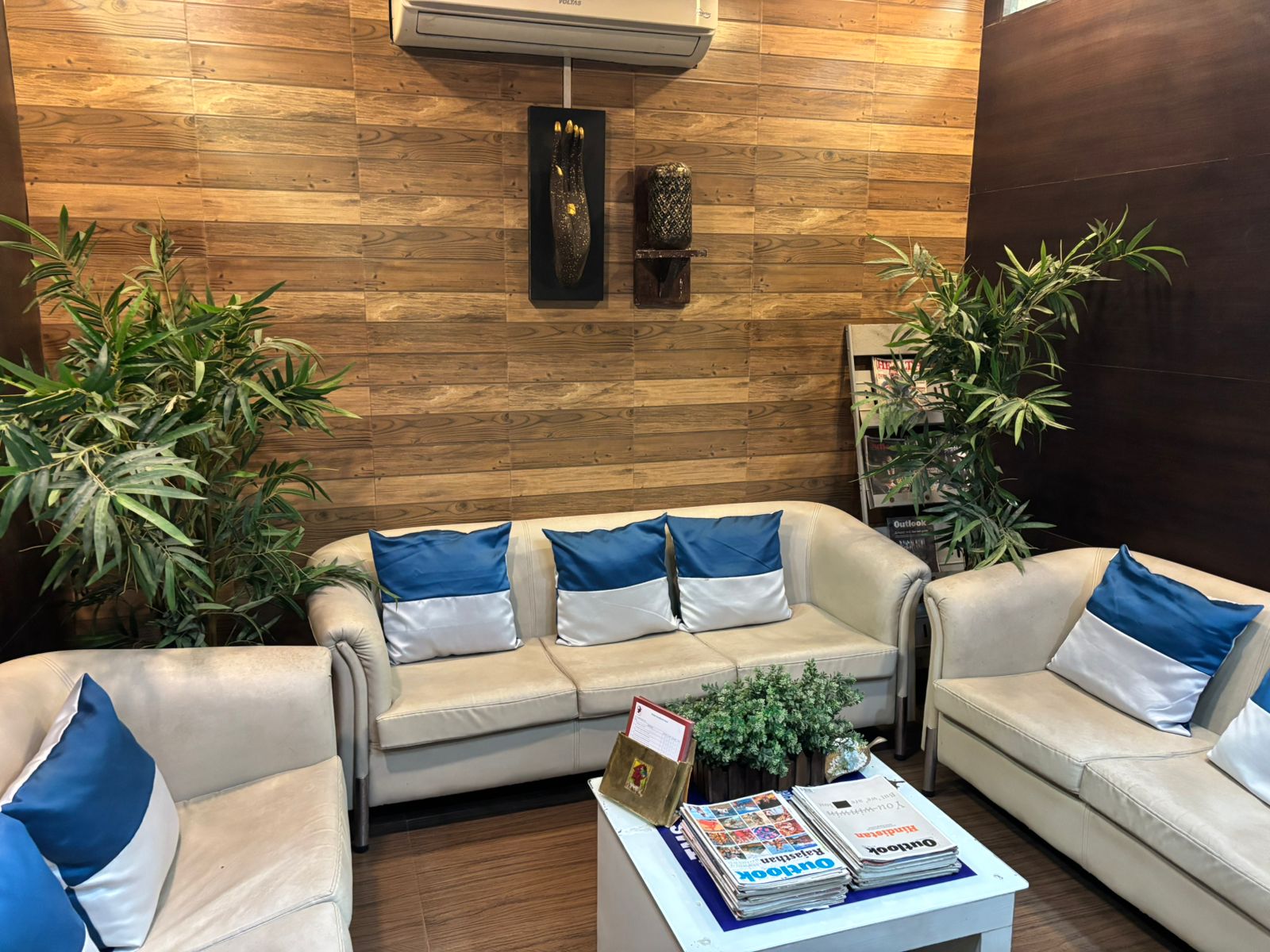
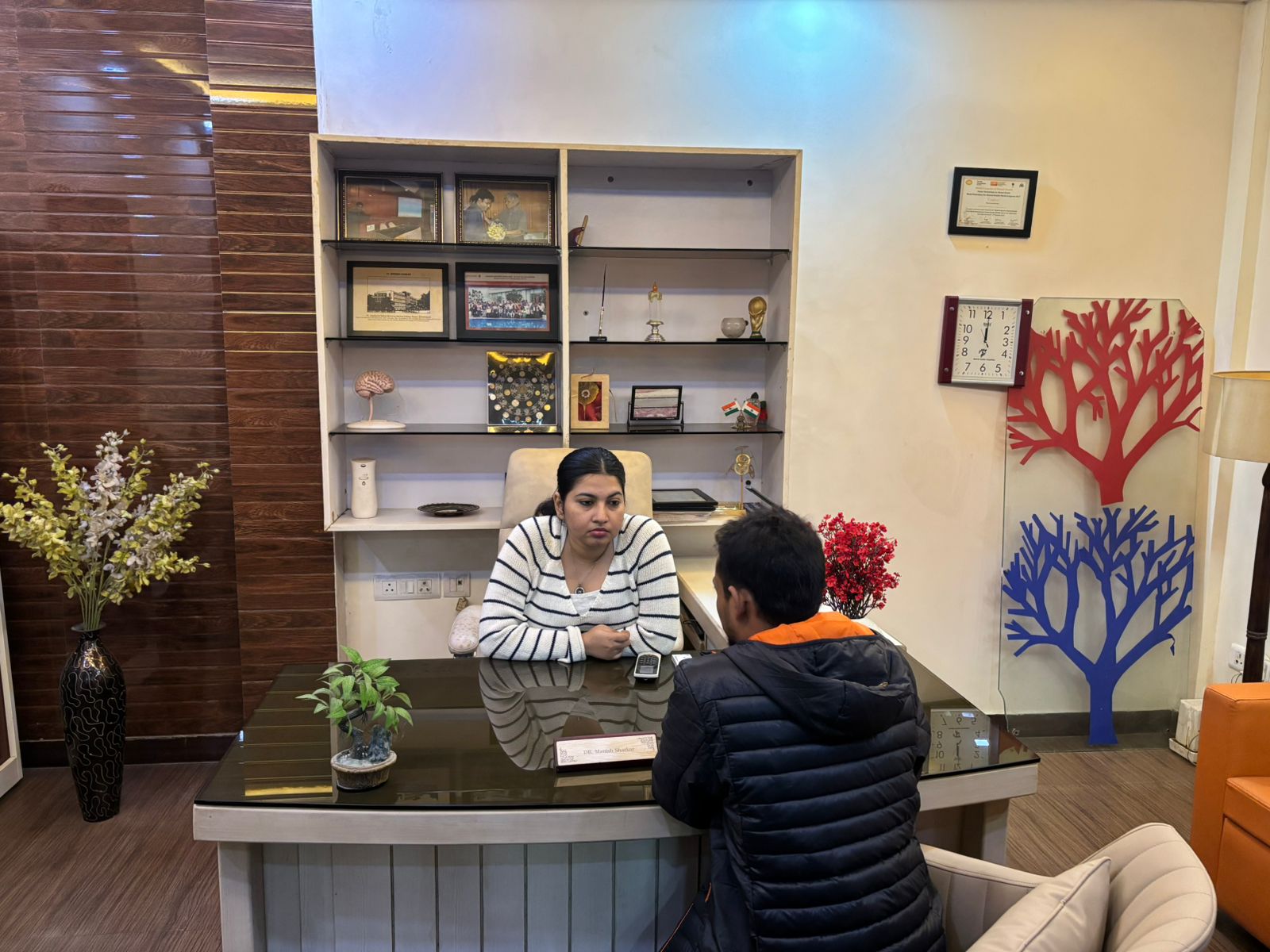
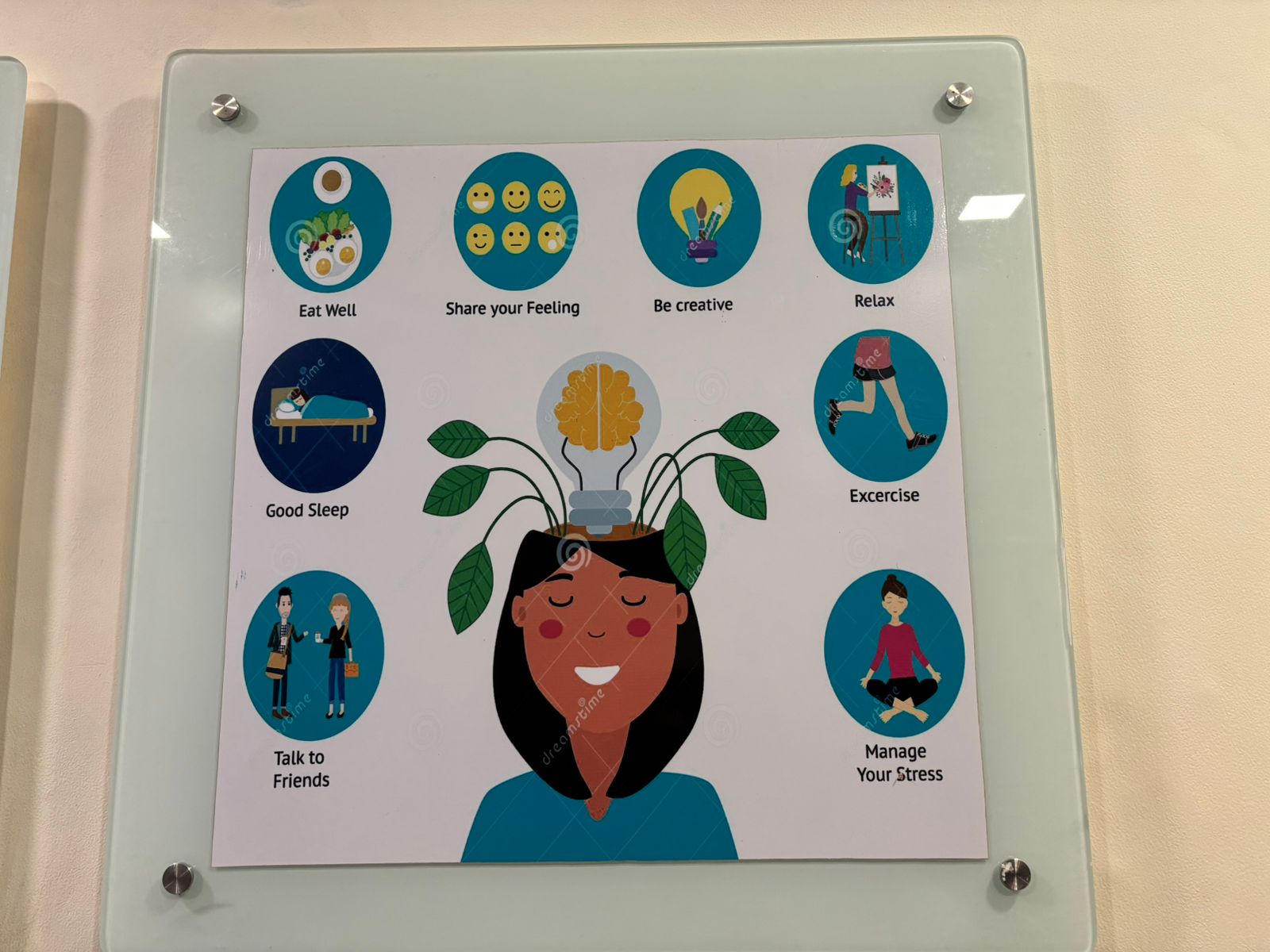
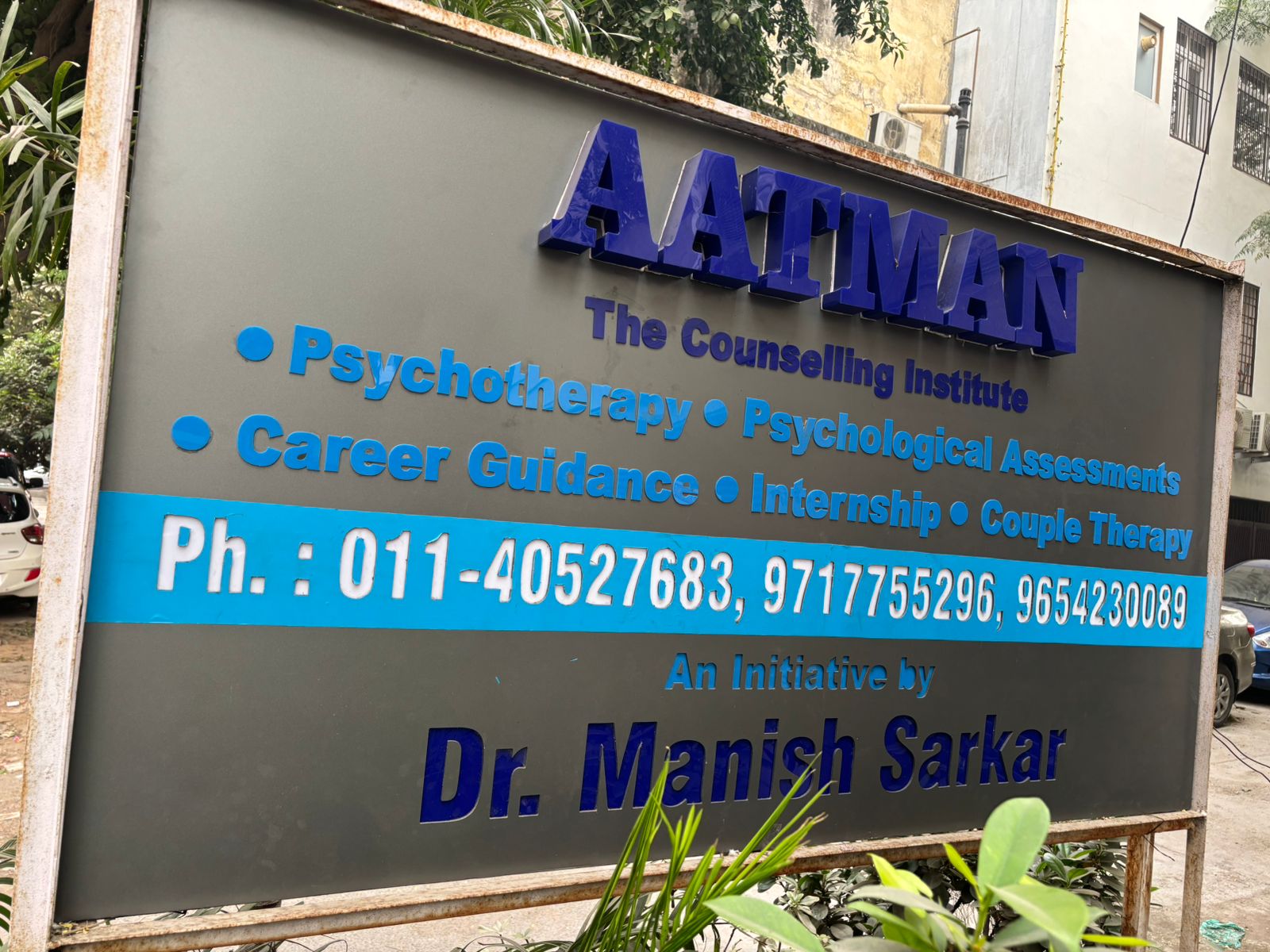
.jpg)
.jpg)
.jpg)